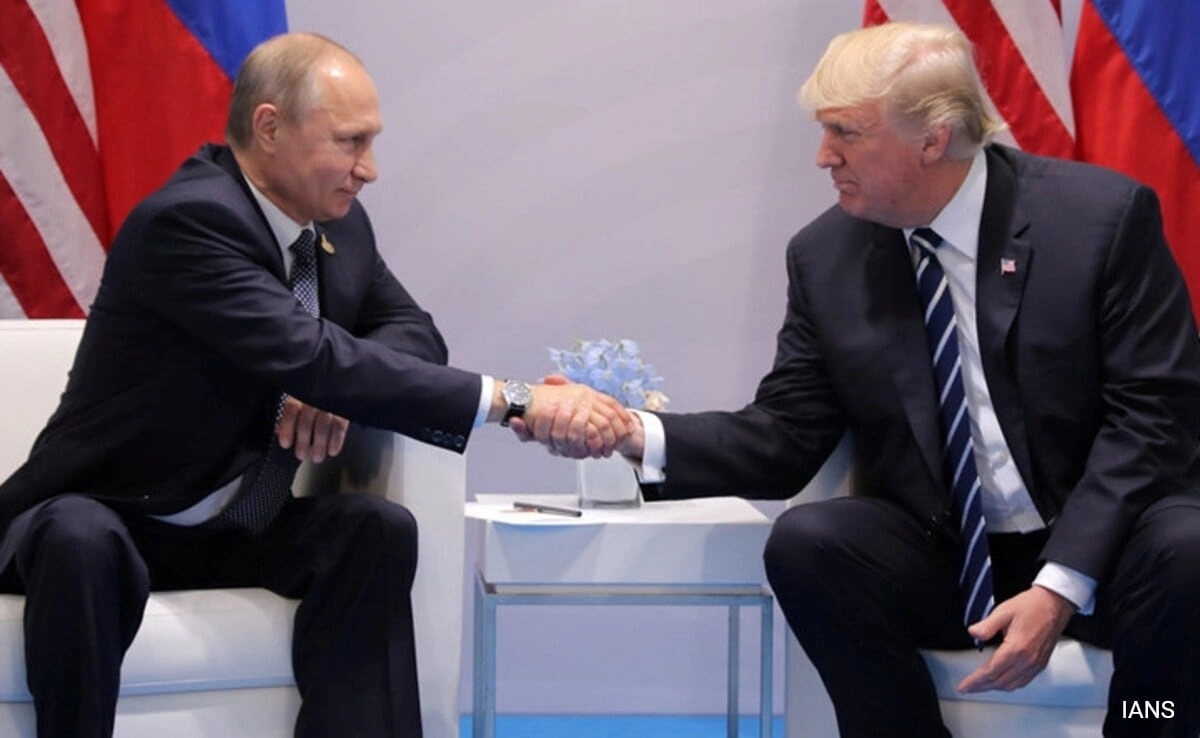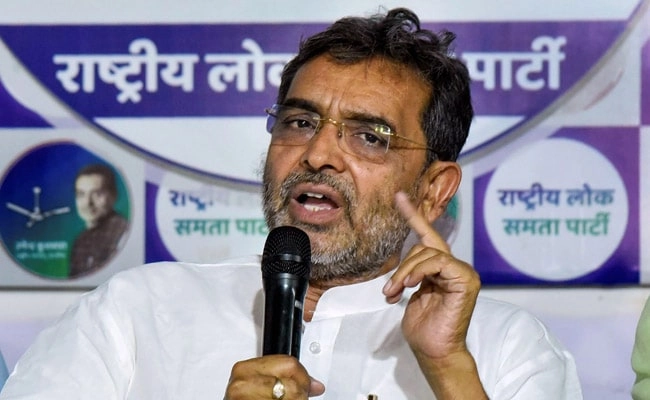In a surprising turn of events, it was announced that Russia would not be included on the list of countries affected by President Trump’s recently imposed tariffs. This decision comes shortly after Trump made headlines with his candid admission of being “pissed off” at Russian President Vladimir Putin. The juxtaposition of these two developments raises questions about the underlying motivations and implications of the tariff policy. Trump’s tariffs have been a significant aspect of his trade strategy, aimed primarily at addressing what he perceives as unfair trade practices by certain countries. However, the exclusion of Russia from this list seems to suggest a complex relationship between the two nations, characterized by both tension and a peculiar diplomatic dance.
Trump’s public frustration with Putin indicates a growing awareness of the geopolitical tensions surrounding Russia’s actions on the world stage. From election interference to military aggressions, the relationship between the United States and Russia has been fraught with challenges. Yet, despite these tensions, the decision to spare Russia from tariffs suggests a nuanced approach to foreign policy, where economic measures are selectively applied. This strategy could be interpreted as an attempt to maintain a level of diplomatic engagement with Russia, even amidst criticism and public discontent regarding its actions.
Critics may view this as a contradictory stance, given Trump’s earlier positions on trade and national security. The lack of tariffs on Russia might raise eyebrows among those who advocate for a firmer stance against Moscow, especially in light of its recent activities that have drawn international condemnation. However, supporters of Trump might argue that this decision reflects a calculated move aimed at fostering dialogue rather than escalating tensions further. Balancing economic policies with diplomatic relations is a delicate act, and the administration appears to be navigating these waters with caution.
As the situation unfolds, it remains to be seen how this decision will impact U.S.-Russia relations in the long term. The absence of tariffs could open avenues for negotiations or collaboration on various global issues, but it could also lead to skepticism domestically and abroad regarding the U.S. commitment to holding Russia accountable. Ultimately, the interplay between Trump’s tariff policies and his relationship with Putin will continue to be a focal point for analysts and policymakers alike, as they assess the implications for international trade and security. The coming months will likely reveal whether this decision was a strategic masterstroke or a miscalculation that complicates an already intricate foreign policy landscape.




